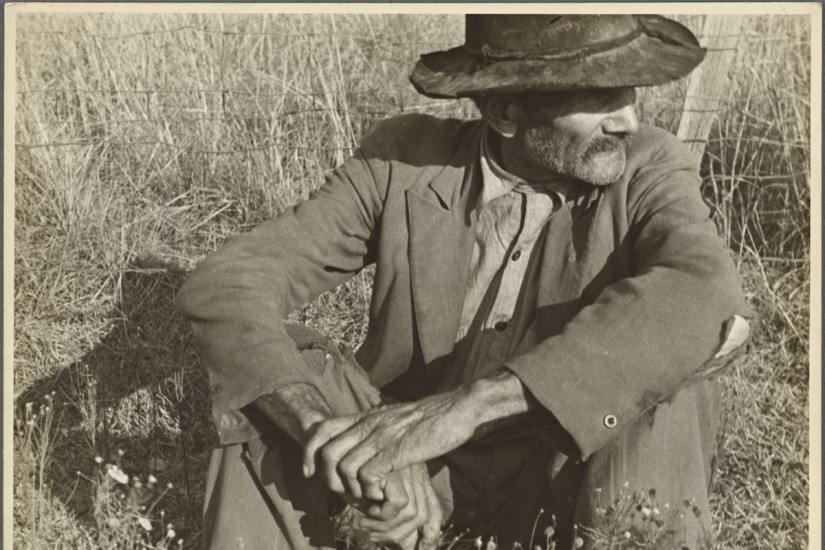Even before the 150 years of valiant struggles by African American voters, slaveholders severely limited suffrage in the region, disenfranchising non-slaveholders in an effort to preserve slavery. In the process, they crafted an intricate system of voter suppression, intimidation, and outright election fraud — a system that persists to this day.
Far from a democratic region, the Deep South instead functioned more like an oligarchy or aristocracy. As W.E.B. Du Bois wrote, “Even among the 2 million slaveholders, an oligarchy of 8,000 really ruled the South.” Slaveholders wielded immense and pervasive power as lawmakers, law enforcers, judges, and even jury members. They dominated the region’s politics and devised multiple ways to disenfranchise their fellow countrymen.
While slaveholders in the cotton South occasionally paid lip service to democracy throughout the Jacksonian era, by the 1850s many of the region’s leaders were openly touting the benefits of oligarchy and aristocracy, while condemning the free states for rule by mobocracy. They fully realized that non-slaveholding whites outnumbered them, and thus had the power to challenge slaveholder interests.
By the 1850s, a growing group of incredibly wealthy men, born into slaveholding families of great privilege, were brazenly identifying themselves as aristocrats or oligarchs — they simply did not believe in the benefits of “pure democracy.” As the National Era reported, these Southerners deemed popular suffrage the “root of all the mischief” regarding the preservation of slavery.
The fire-eaters of the slave South, therefore, envisioned something more than just a slave-ridden version of the United States. They actually advocated a return to hereditary privilege, caste systems, and rule by the wealthy few. Some even argued in favor of primogeniture. All hoped that these measures would help curb the “scourge of democracy.” Even female planters like Keziah Brevard, who did not have the right to vote herself, prayed that “some thing be done to check this mobocracy. … Democracy has brought the South I fear into a sad, sad state.”
From poll taxes to residency requirements, the master class easily maintained control over the political privileges of poorer whites. Men who had been previously convicted of certain crimes, or who did not have a long period of continuous residence in a certain state and locality, or could not afford to pay a poll tax of close to a day’s wages, were liable to become disenfranchised. In South Carolina, the most anti-democratic state in the South, paupers were particularly singled out as ineligible for the franchise. A person’s poverty could be used to render them politically impotent.
Widespread illiteracy and semi-literacy among the lower classes — as well as the South’s stringent censorship laws — further prevented poorer whites from involvement in the political process. When the rich did allow the non-slaveholders to vote, they were still able to control the outcome of elections, as one man observed, by “means of the votes of the poor whites whom he owns, in owning all by which they can live for another day.”
